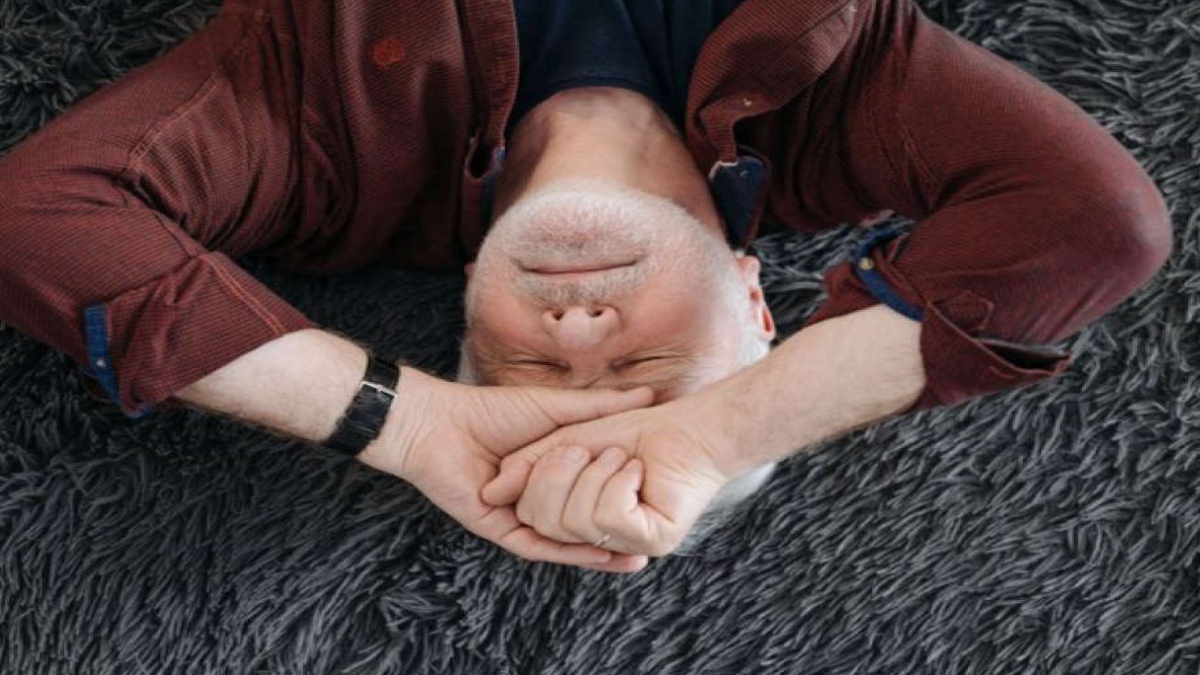It only takes three consecutive nights of sleep loss to cause your mental and physical well-being to greatly deteriorate, as per the findings of a recent study.A new study published in Annals of Behavioral Medicine looked at the consequences of sleeping fewer than six hours for eight consecutive nights – the minimum duration of sleep that experts say is necessary to support optimal health in average adults. Lead author Soomi Lee, assistant professor in the School of Aging Studies at the University of South Florida, found the biggest jump in symptoms appeared after just one night of sleep loss. The number of mental and physical problems steadily got worse, peaking on day three.
At that point, research shows the human body got relatively used to repeated sleep loss. But that all changed on day six when participants reported that the severity of physical symptoms was at its worst. “Many of us think that we can pay our sleep debt on weekends and be more productive on weekdays,” Lee said. “However, results from this study show that having just one night of sleep loss can significantly impair your daily functioning.”
Data provided by the Midlife in the United States study included nearly 2,000 middle-aged adults who were relatively healthy and well-educated. Among them, 42 per cent had at least one night of sleep loss, sleeping 1 and a half fewer hours than their typical routines. They recorded their mental and physical behaviors in a diary for eight consecutive days, allowing researchers to review how sleep loss causes wear and tear on the body.
Participants reported a pile-up of angry, nervous, lonely, irritable and frustrated feelings as a result of sleep loss.
They also experienced more physical symptoms, such as upper respiratory issues, aches, gastrointestinal problems and other health concerns.












